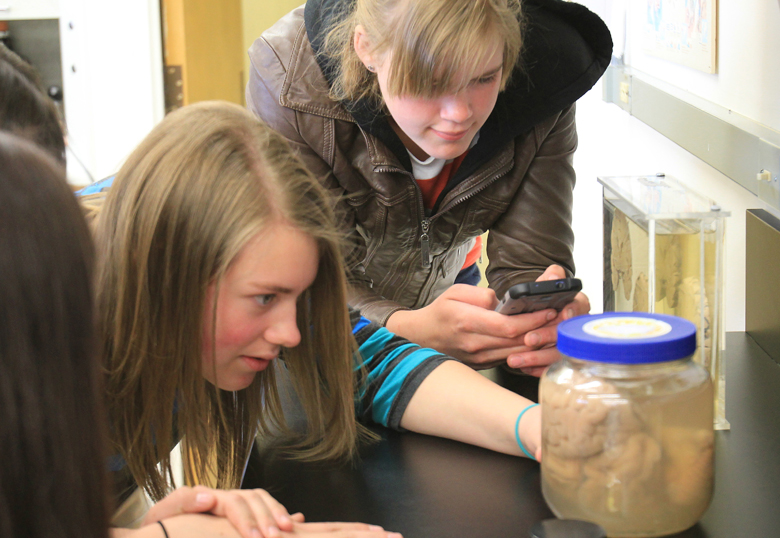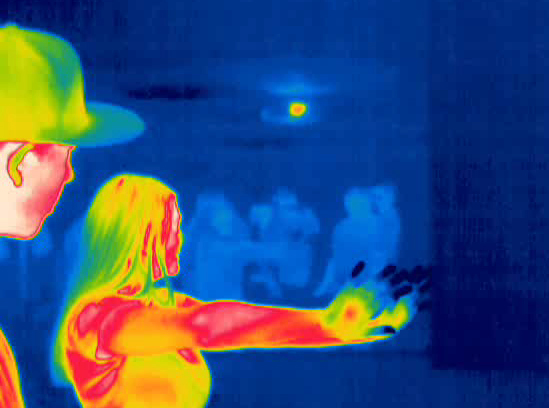Around 85 high school students from Lethbridge and surrounding area got the chance to be scientists for a day, conducting a series of experiments in science labs at the University of Lethbridge.

As part of Let’s DO Science Day on April 30, students did math puzzles, built a helmet for a marshmallow in kinesiology, mapped the location of rods and cones in their eyes in neuroscience, purified fluorescent protein in biochemistry, tested the levels of antioxidants in drinks such as soda and green tea in chemistry, used lasers in the physics lab, and tested the effects of temperature and pH on an enzyme’s ability to function in biology
Let’s DO Science Day is organized by science graduate and undergraduate students at the U of L who volunteer with the national Let’s Talk Science Outreach program. The students, along with faculty volunteers, organize activities that expose students to state-of-the-art scientific programs and procedures and give them a taste of what it’s like to be a science student at the university level.

“Our volunteers in all the science departments spend a lot of time thinking of fun activities. I don’t think people would come if it wasn’t fun,” said Luc Roberts, one of the organizers of Let’s DO Science Day. “We have a lot of people who come year after year so it seems to be something they enjoy doing. It being fun and educational is the big factor.”
Volunteers start planning the event a couple of months in advance.
They focus on creating activities that will engage the students and get them thinking about pursuing a career in the sciences.
“It’s one thing to go to high schools and talk about opportunities in science and another to do hands-on activities and science experiments,” Roberts says. “Let’s DO Science gives them an idea of what it’s like to be in a university lab and use equipment they might not have access to in their high school.”
Following their experiments, the students were awarded prizes for their achievements and participation. The day wrapped up with a presentation by Dr. Bryan Kolb, a renowned U of L neuroscientist.
“It’s nice to break down that barrier between science and the rest of society and get them excited about science,” Roberts says. “How do they know they would like science unless they tried it?”
